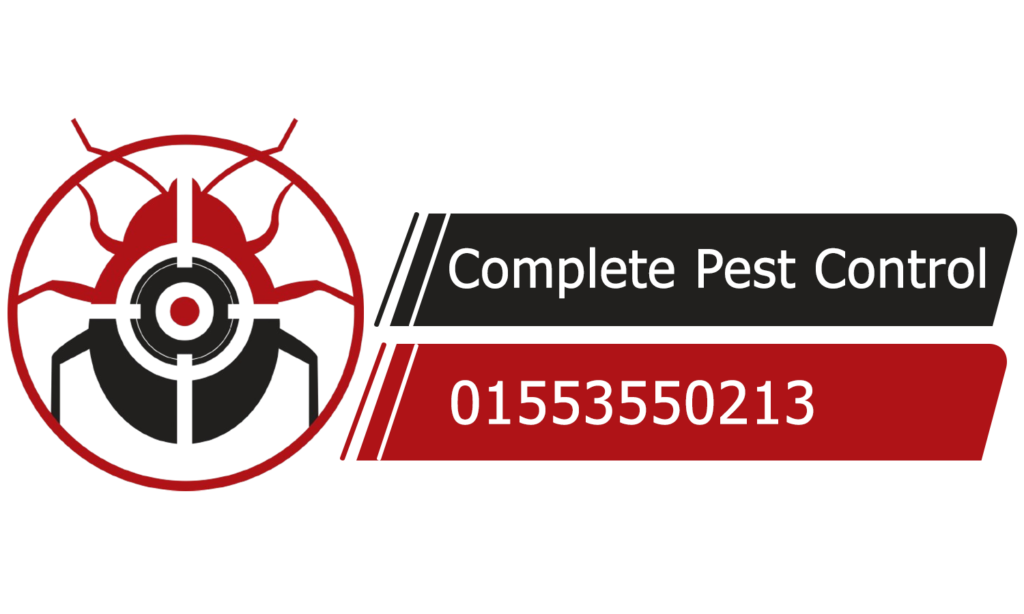Integrated Pest Management (IPM) is a comprehensive and environmentally sensitive approach to pest control that combines various strategies to manage pest populations effectively while minimizing risks to human health and the ecosystem that seeks to minimize the impact of pests while reducing reliance on chemical pesticides. This method combines various management strategies and practices to control pest populations effectively and sustainably.
Integrated Pest Management (IPM) is a strategic and environmentally considerate approach to managing pest populations effectively while minimizing risks to human health and the ecosystem.
Definition of Integrated Pest Management (IPM)
IPM is defined as a pest management strategy that utilizes a combination of biological, cultural, physical, and chemical tools in a way that minimizes economic, health, and environmental risks. The ultimate goal of IPM is to prevent unacceptable levels of pest damage while keeping the use of pesticides to a minimum.
Historical Development of IPM
The development of IPM has evolved significantly over the years, incorporating advancements in ecological understanding and pest behavior. Traditionally, pest control methods relied heavily on chemical pesticides, but these approaches led to various issues such as pest resistance and environmental harm. The IPM framework was established to address these concerns by promoting more sustainable practices.
Key Components of IPM
IPM involves several critical components that work together to manage pest populations effectively:
- Monitoring: Regularly assessing pest populations and their impact on crops or environments to make informed management decisions.
- Identification: Accurately identifying pest species to implement the most appropriate control strategies.
- Prevention: Implementing practices to prevent pest infestations, such as crop rotation, habitat manipulation, and selecting pest-resistant plant varieties.
- Control Measures: Using a combination of methods, including:
- Biological Control: Introducing natural predators or parasites to control pest populations.
- Cultural Control: Modifying farming practices to make the environment less conducive to pest infestations.
- Mechanical Control: Physical barriers or traps are employed to reduce pest access or capture them.
- Chemical Control: Applying pesticides only when necessary, and choosing the least toxic options available.
Challenges and Opportunities
While IPM is an effective strategy, its implementation can pose challenges. These may include the need for specialized knowledge and training, integrating multiple control methods, and adopting practices among farmers and agricultural professionals. However, the benefits of IPM include improved environmental health, reduced costs over time, and sustainable agricultural practices.
Benefits of IPM
Implementing an Integrated Pest Management approach yields numerous benefits:
- Environmental Protection: By reducing reliance on chemical pesticides, IPM decreases the environmental risks associated with chemical runoff and the potential harm to beneficial organisms.
- Economic Viability: Effective pest management strategies can enhance crop yields and prevent economic losses, benefiting farmers and the agricultural sector as a whole.
- Public Health Preservation: Minimizing chemical usage lowers health risks for both consumers and agricultural workers, promoting safer food production practices.
Conclusion
Integrated Pest Management represents a holistic approach to managing pests, aiming to balance efficacy with sustainability. IPM contributes to healthier ecosystems and safer food production by minimizing chemical usage and promoting ecological practices.
Contact Us
We Can Assure You that once You Work With Us! You’ll Never Collaborate With Anyone.
Safe. Reliable. Trusted. Permanent. Pest-Free. That’s our Goal and promise. Our team of pest control experts are all certified and have many years of experience in both residential and commercial pest control jobs.








